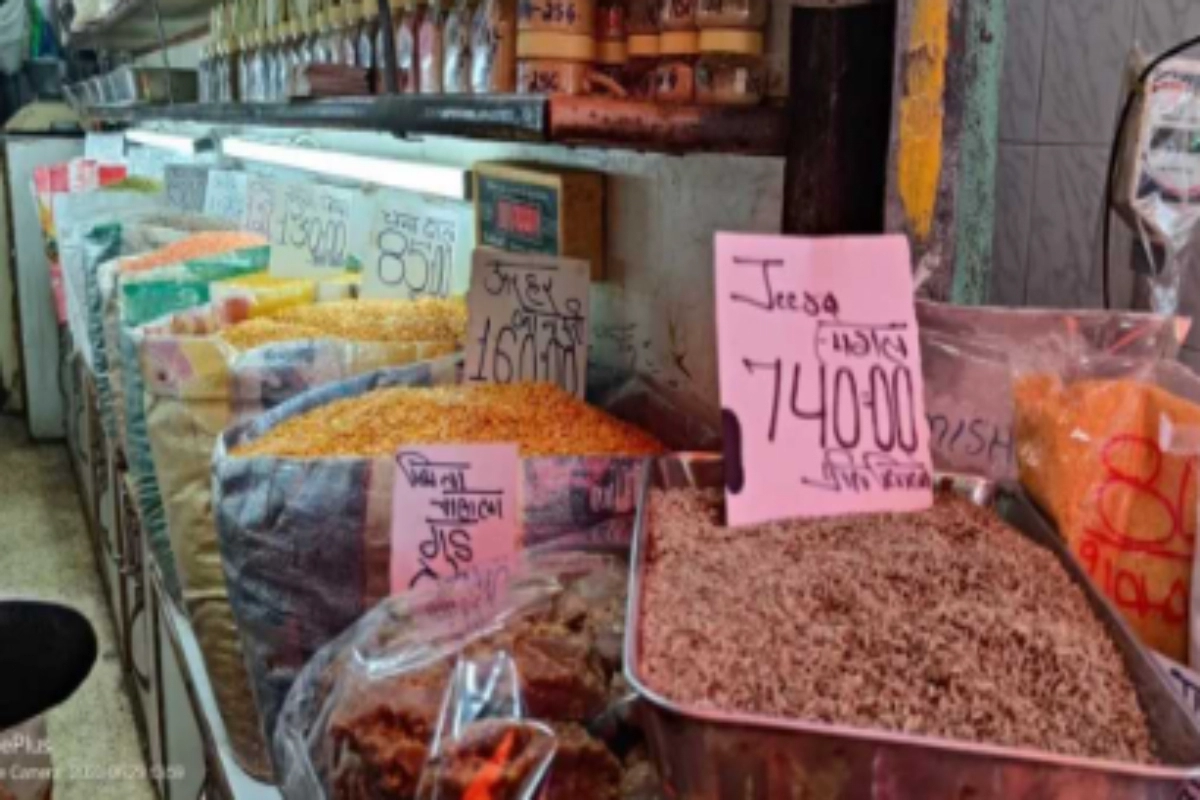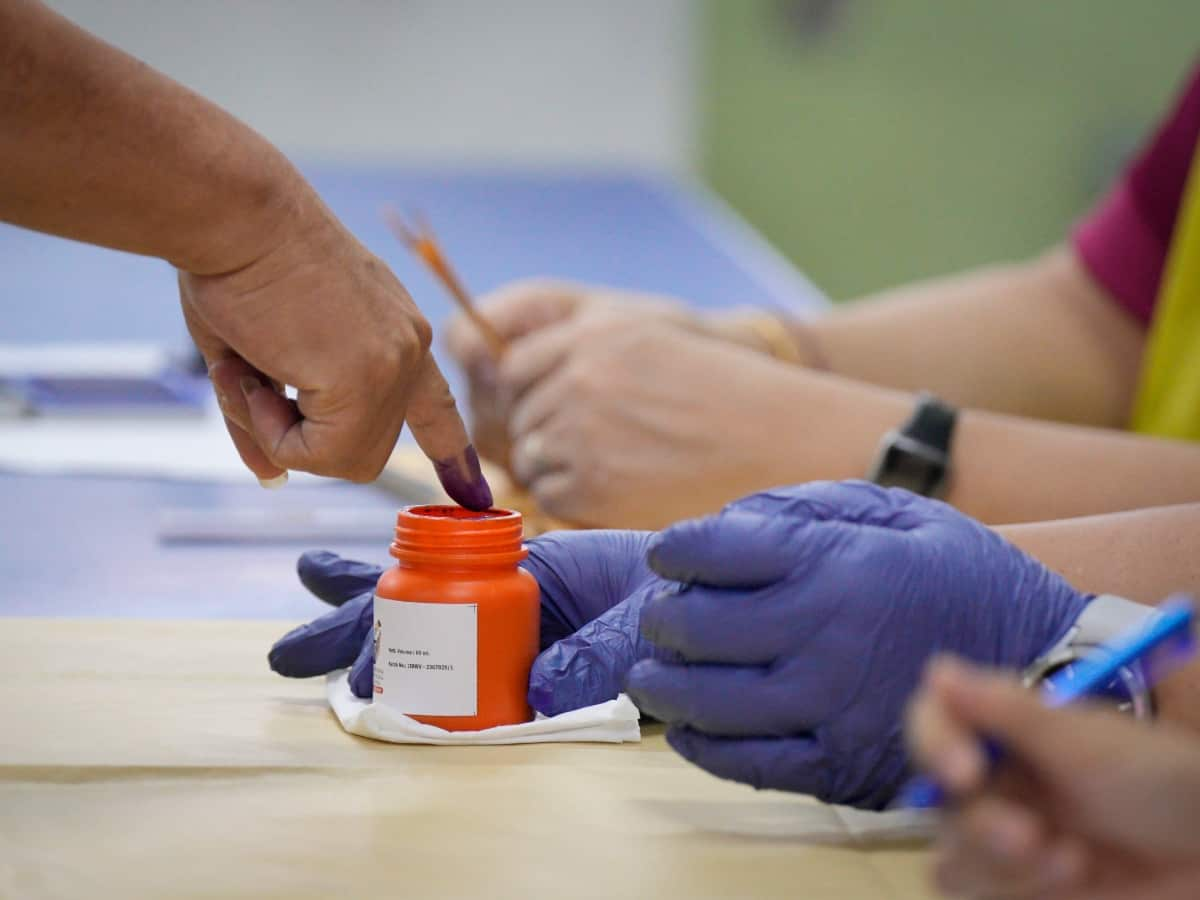Inflation: The cost of pulses and spices has increased since the price of vegetables. Its impact is now discernible on the food that people are eating. Small company owners claim that the rise in the cost of ration clothing is having an impact on their industry. Traders assert that the paucity of commodities and overstocking by large traders are to blame for this issue. There are worries that the cost of rationed clothing could go up much further.
Impact on Kitchen Budgets
Budgets for kitchens are once more affecting people. Vegetable, pulse, and spice prices are soaring. Following tomato, ginger, coriander, and garlic price increases, pulse prices are now also on the rise. Along with this, cumin seeds used to temper pulses are now highly expensive. According to the report, Arhar dal is now more than Rs 160 per kg, up from an earlier price of Rs 120 per kg. On the other hand, cumin’s price has increased from Rs 700 to Rs 740 from a month ago when it was marketed at Rs 330 to Rs 400 per kg. Shop owners claim that the paucity of supplies is chasing this boom.
Insights from Khari Baoli Shopkeeper
According to Khari Baoli shopkeeper Ashok Gupta in Delhi, there is an increase of 20 to ₹ 25 in the price of pulses in the last 1 month. According to the shopkeeper, the price of tur dal may increase further in the coming days. According to Naresh Gupta, president of the Grain Merchant Association, the stock limit imposed by the central government applies to them, but foreign importers are stocking pulses outside. Arhar market depends a lot on imported supply, whose effect is clearly visible on the market.
Skyrocketing Tomato Prices
In the nation, tomatoes can be purchased for up to Rs 120 per kg. It was selling for Rs. 5-7 a kg a month ago. In Delhi, it costs between Rs 100 and Rs 110 per kg, whereas in Ghaziabad, it costs Rs 120 per kg. Tomatoes’ highest wholesale price was Rs 720 per quintal (Rs 7.20 per kg) on June 1; by June 24, it had risen to Rs 5200 per quintal (Rs 52 per kg) in Delhi’s Azadpur mandi. It has been informed that there has been a significant decrease in production as a result of the intense heat.
Keep watching our YouTube Channel ‘DNP INDIA’. Also, please subscribe and follow us on FACEBOOK, INSTAGRAM, and TWITTER











